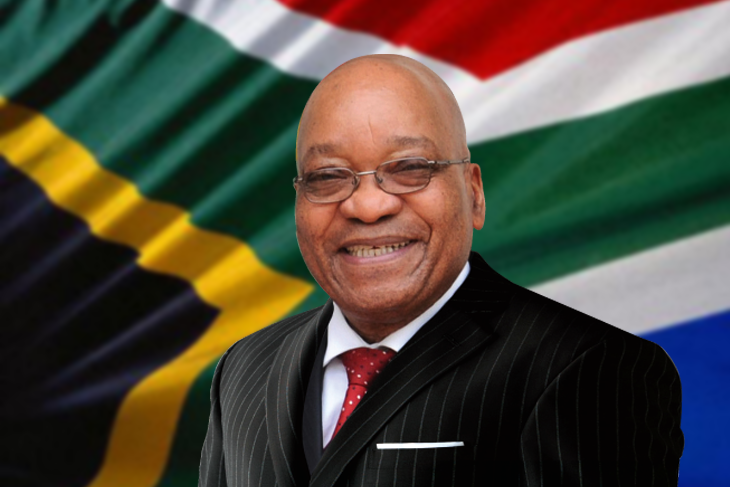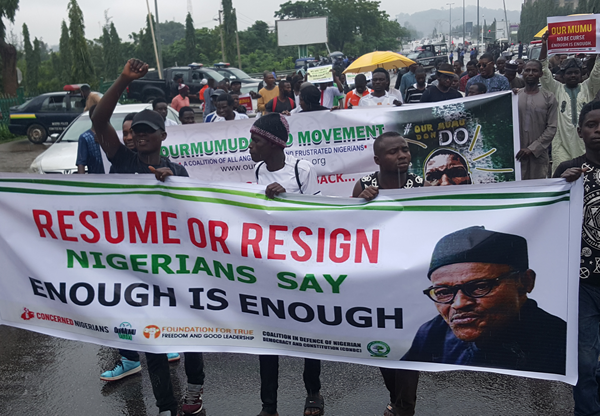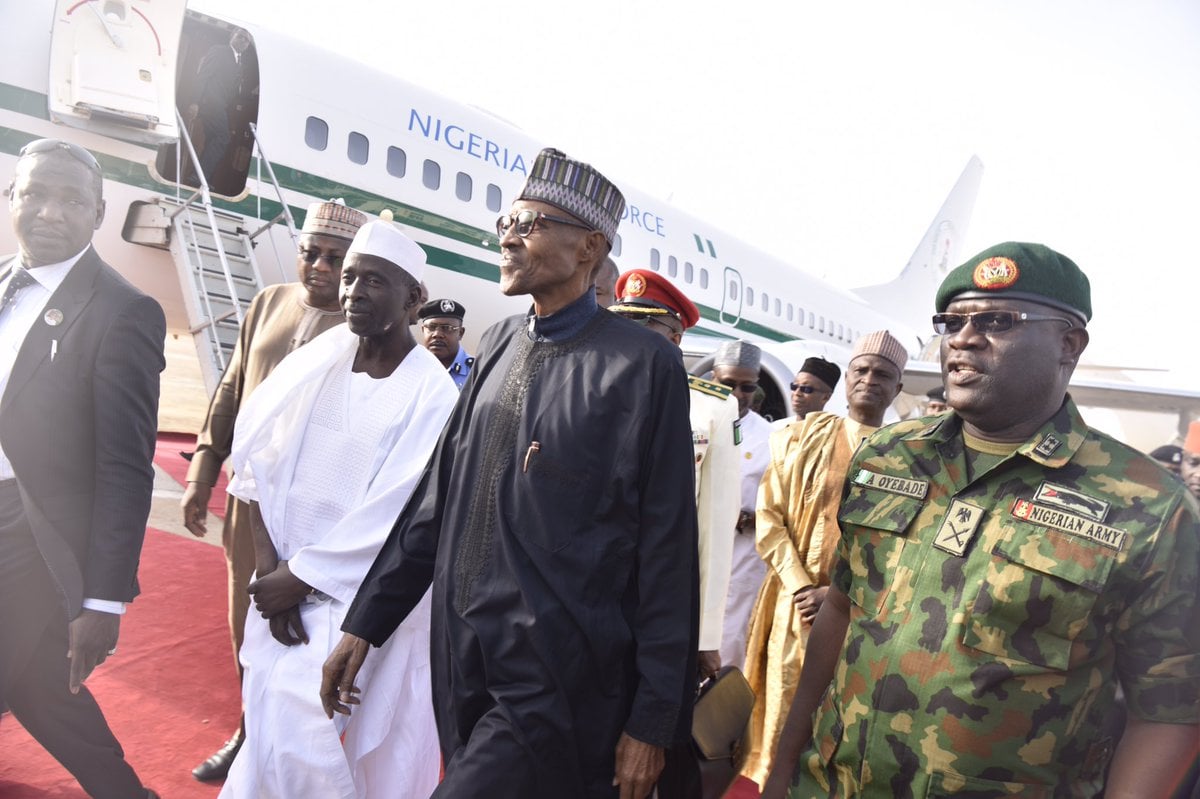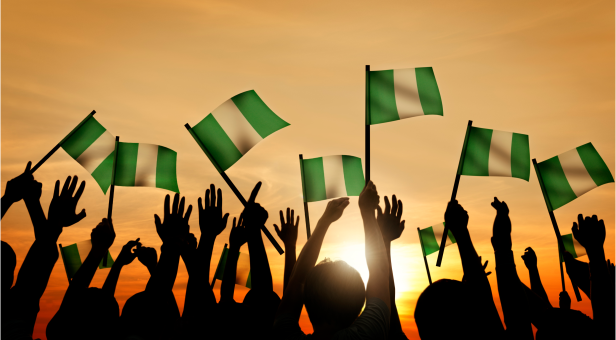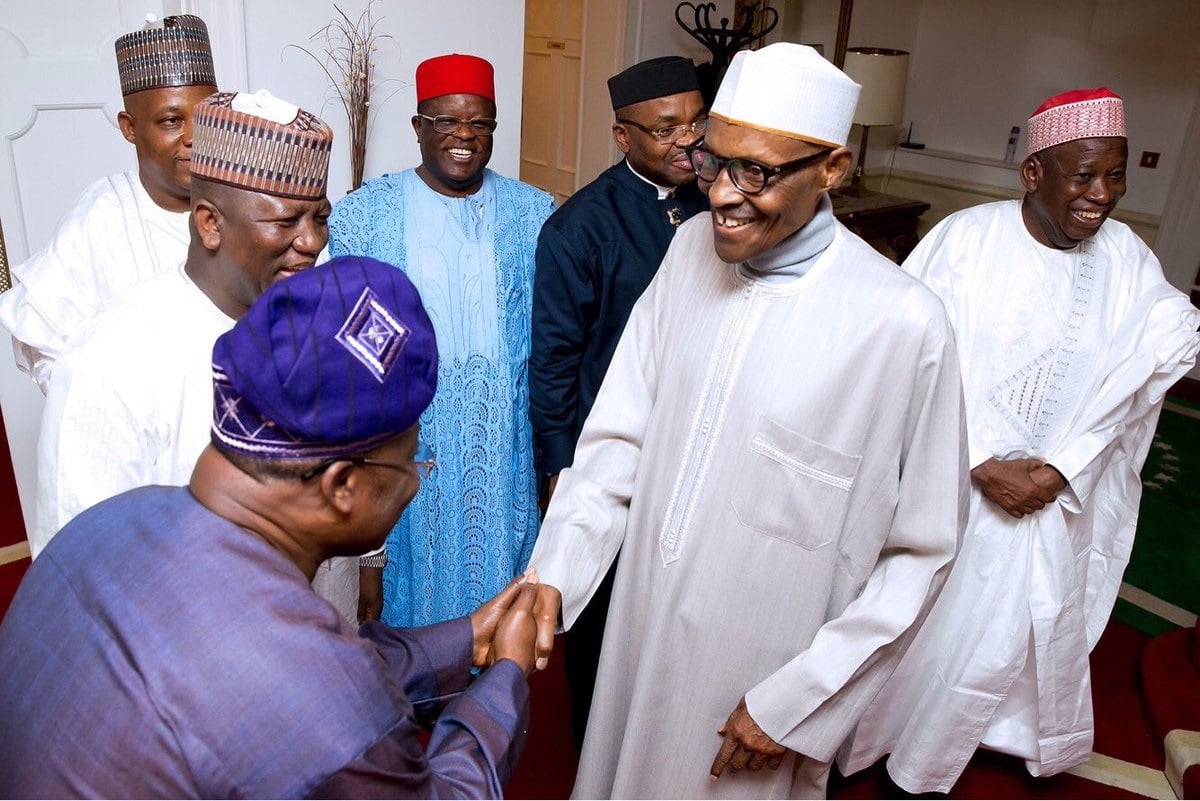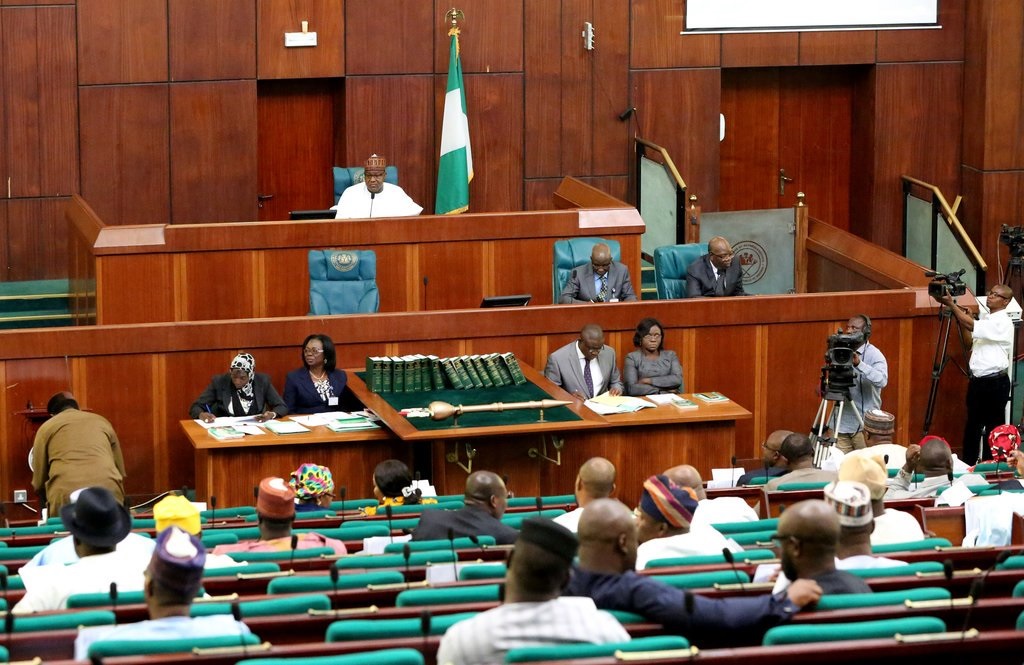Just three days ago, President Jacob Zuma of South Africa survived a critical political action that could have put an abrupt end to his presidency.
Many had predicted that Zuma, embroiled in massive allegations of corruption and abuse of position, would fall on a banana peel in the latest attempt to oust him from office via a secret poll in the parliament – a clear departure from the previous seven failed attempts to remove him from office.
But Zuma survived. At the end of the widely publicised and suspense-filled exercise, Zuma succeeded in polling 198 votes against the no-confidence motion while the opposition had 177 in favour of the motion.
Interestingly, in all of these democratic processes, a development that wouldn’t escape the eyes of many keen watchers is the level of maturity of the democracy being practised in the rainbow nation.
Advertisement
Before the commencement of the real business of the day in the parliament – the vote on the no-confidence motion on the president – some politicians from both sides of the political divide – the parliamentarians from the ruling government and those on the side of the opposition – were given some minutes to address the parliament on the necessity and otherwise of the motion.
If the reason South Africa had acquired its Rainbow nation sobriquet was because of the immeasurable gains of diversity that were emphasised and promoted after the gory history of apartheid in South Africa, nothing validated the essence of the convergence of people of diverse backgrounds than the atmosphere of the South African parliament as presented live to the global audience during the no-confidence debate.
The South African legislative house showcases a fascinating assemblage of people of different political leanings, gender, ages and races who passionately argued in speeches and demonstrated, regardless of the side they favour in the government, their commitment towards the progress of their country.
Advertisement
Really, that people of diverse orientations, particularly the women, both old and young, can hold independent views within a democratic space without being heckled or faced with fierce intimidation is a beautiful angle of democracy that needs to be sustained; and replicated by progressive, aspirational democracies like Nigeria’s.
It is also remarkable to observe that 36-year old Julius Malema, the leader of budding Economic Freedom Fighters (EFF) was seen presenting his position freely, and sometimes recklessly, in the parliament without any harassment. Malema founded the EFF in 2013 after his expulsion from the ruling African National Congress (ANC), a political party founded by late Nelson Mandela and his anti-apartheid comrades.
But in the few cases of violation of parliamentary rules, the young symbol of opposition in South Africa was instantly cautioned and asked to retract any unparliamentary language or risk being sent out of the parliament, a punishment he feared in the proceeding of the no-confidence motion of last Tuesday.
During the proceeding, Malema called an elderly female parliamentarian of the ruling ANC a liar, and the deputy speaker swiftly reacted saying such statement was against the rule and it should be retracted.
Advertisement
Understanding the consequence of his act, Malema promptly obeyed, and affirmed that he didn’t intend to be unruly towards the senior parliamentarian whom he respectfully addressed as “Mama” while adding that he wouldn’t want to be sent out of the parliament on an important day like that.
In the same way, the beautiful appearance, comportment and speech of the female politician, who has been in the parliament since 1994 when South Africa elected a truly democratic government, was exemplary and desirous.
Seeing that proceeding in South Africa left me with a deep longing for same in Nigeria. But we all know how far away we are from that ideal, don’t we?
Of course, it is trite to argue along the line of the long years of military domination in Nigeria’s socio-political life as the reason why the country still struggles to embrace basic and acceptable democratic principles and examples since its attainment of democracy in 1999.
Advertisement
But recall, South Africa also has a long and painful experience of apartheid that almost completely obliterated citizens’ sense of self-worth and destroyed aspiration for higher personal and democratic goals.
Then it should be noted that South Africa didn’t get to this level by paying lip service to the ideals that will help in establishing decency in the lives of the citizens and promoting respect and values in the public life.
Advertisement
I mean such ideals that will make a young Malema reiterate his reverence for a female fellow parliamentarian of another party without making the woman feel uneasy on the relevance of her gender within a male-dominated lawmaking body. And a similar rule that punishes misconduct without any sentiment unlike what obtains in Nigeria.
We have witnessed, for instance in the Nigerian senate, recently the perceptions projected by some male senators over their female counterparts which are clearly out of the written and unwritten rules of simple decency. And these are aspects of our peculiar democracy that need to be changed.
Advertisement
In fact, the rejection by the Nigerian senate and the interpretation given by some male senators to a bill that seeks to alter the constitution to provide for 35 percent affirmative action for women in federal and state cabinets is a true reflection of how male chauvinism permeates every aspect of our system, politics inclusive.
Though a few civil society organisations have come out to condemn the decision of the senate, the reaction shouldn’t end on just the condemnation.
Advertisement
The democracy we see today in South Africa, and which is still undergoing improvement is a product of organized advocacy and leadership development for all genders.
And ours can be made better and beautiful in this manner. Essentially, this action towards desirable progress will include those with excellent experiences and unique encounters.
Senator Oluremi Tinubu, one of the seven female senators out of a total 109 senators, is a leader who is presently looked up to help deepen the leadership in her sphere.
Mrs Tinubu, wife of former Lagos state governor, Asiwaju Bola Tinubu, has had a fair share of raw politics with a male colleague in the senate, one of the reasons people often cite for their lack of interest politics.
But the courageous woman took her position firmly, and became emboldened by her commitment to development rather than being deterred by such a surmountable circumstance.
And beyond that situation, Mrs Tinubu has consistently demonstrated her exemplary humanitarian and leadership credentials, particularly with her life-changing New Era Foundation, since her days as the first lady of Lagos state till today.
As such whenever people say that Nigeria is bereft of role models in several aspects of human development, I usually don’t agree totally.
For I know that the country is still blessed with some illustrious individuals who can help ignite the fire for greater attainments in the minds of the younger ones.
Perhaps the missing links are the motivation by these individuals themselves against cynicism and structures and points for the commencement of process.
Meanwhile, to the leading lights like Mrs Tinubu, there are promising younger ones in tertiary institutions, corporate environment and local community to mention just a few who are seriously yearning for that atmosphere of robust engagement and structure of leadership recruitment offered by someone like Tinubu which prepare them for better leadership.
This can surely be a good point towards improving our democratic space as seen in the South African example.
Views expressed by contributors are strictly personal and not of TheCable.
Add a comment

